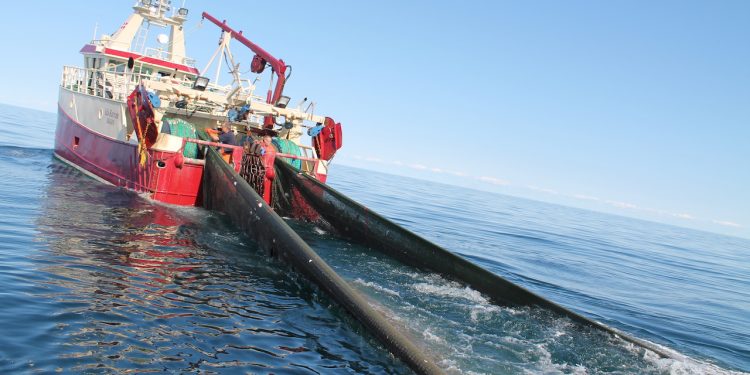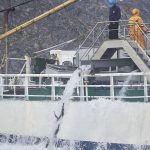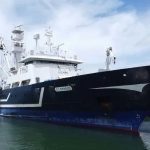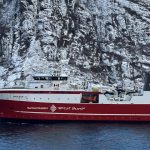The Danish Technical University (DTU) has published a new report examining the environmental footprint and ecological sustainability of Danish fisheries. Its key conclusion is that a broad-spectrum effort is needed to ensure that fisheries become even more sustainable, and this is a view fully supported by the Danish Fishermen’s Association (DFPO).
‘In Danish fisheries, we have promoted sustainability for years. We have reduced our CO2 emissions by 60% since the early 90s. Large parts of our landings are labelled as sustainable. We have proposed to completely protect 10% of Danish waters. We are ready to take the next steps, and we have long called on Danish politicians to invest even more in the sustainable fishing of the future. We’re completely in line with the report’s conclusion, and are happy to co-operate with anyone,’ said DFPO chairman Svend-Erik Andersen.
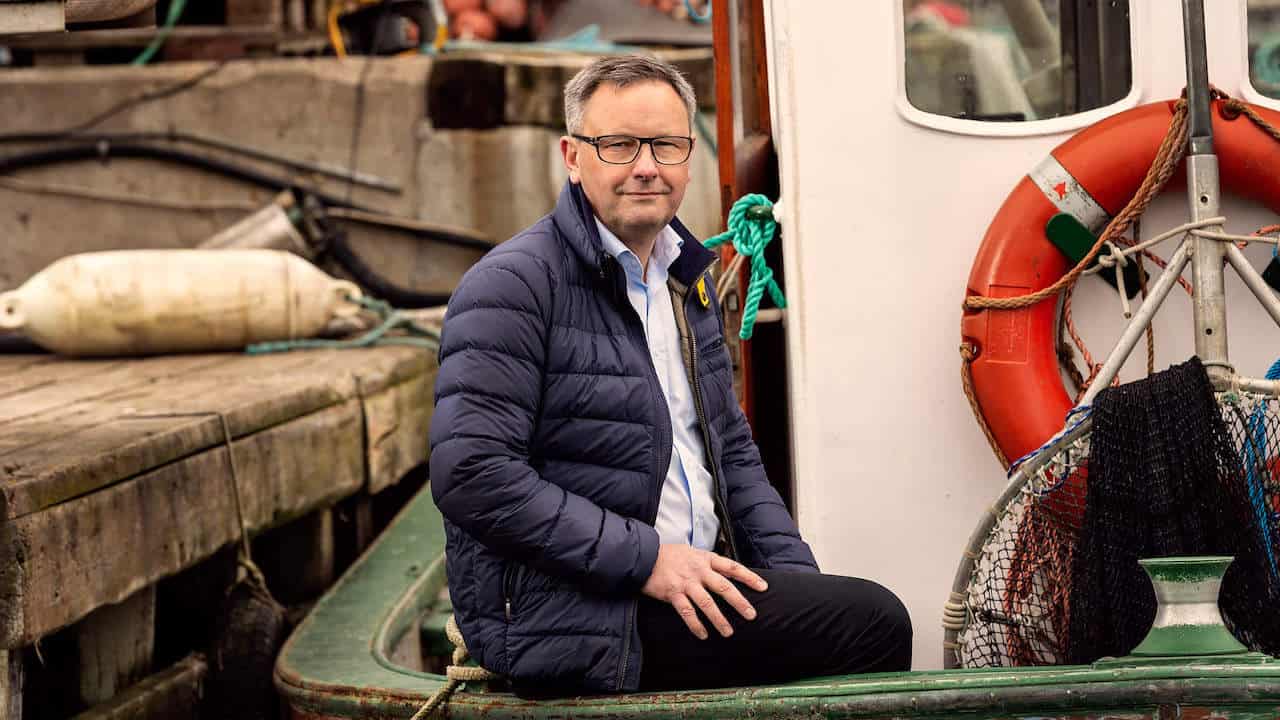
The report sets out that all fishing methods leave an imprint on the environment, but this varies greatly depending on the conditions in the areas where it is fished.
‘It also appears that today there are large sea areas that are not fished at all, and this must be kept in mind,’ Svend-Erik Andersen said.
‘We are aware that, on an equal footing with, for example, organic farmers, we leave an imprint on the environment when we fish. There is nothing surprising in that. But unlike agriculture, which occupies more than 60% of Denmark’s available land, fishing vessels we have over 12 metres catch 90% of their fish on 20% of sea area.’
The report is wide-ranging, and it punctures many myths about Danish fishing, and contributes numerous details. For example, the report states that there is generally no fishing where eelgrass grows, that mussel fishing does not have a documented negative effect on the marine environment, that trawling for plaice and cod is as climate efficient as net fishing and that 90% of fishing effort with trawl gear affects only less than 20% of seabed areas.
‘It is gratifying that the report sheds light on some of the discussions that are often raised so that we can dispel the myths once and for all. In general, it is important that we have a proper and factual discussion about Danish fishing, about the environmental impact and about the great social contribution that fishing provides with more than 16,000 jobs and food of the highest quality,’ Svend-Erik Andersen said.
Scientific advice needs to be improved
The report sets out that some fish stocks are overfished, a claim that has taken DFPO by surprise, as Danish fishermen are subject to fishing quotas, which are set on the basis of ICES recommendations, which DTU itself helps to prepare specifically to ensure that fishing is not too intensive. This points in the direction that the responsibility lies with the bodies that draw up the recommendations for EU fishing quotas.
‘I wonder about the part stating that many species are fished too intensively. Danish fishermen follow the quotas set by the EU. Quotas which are determined on the basis of recommendations from ICES, to which DTU contributes,’ he said. ‘So if those quotas are set too high, then DTU bears responsibility for this. In addition, we in the fishing industry have long called for scientific advice to be strengthened. We definitely have another common task here as the fishing industry can not cope with the wild fluctuations in the advice we have seen in recent years.’

